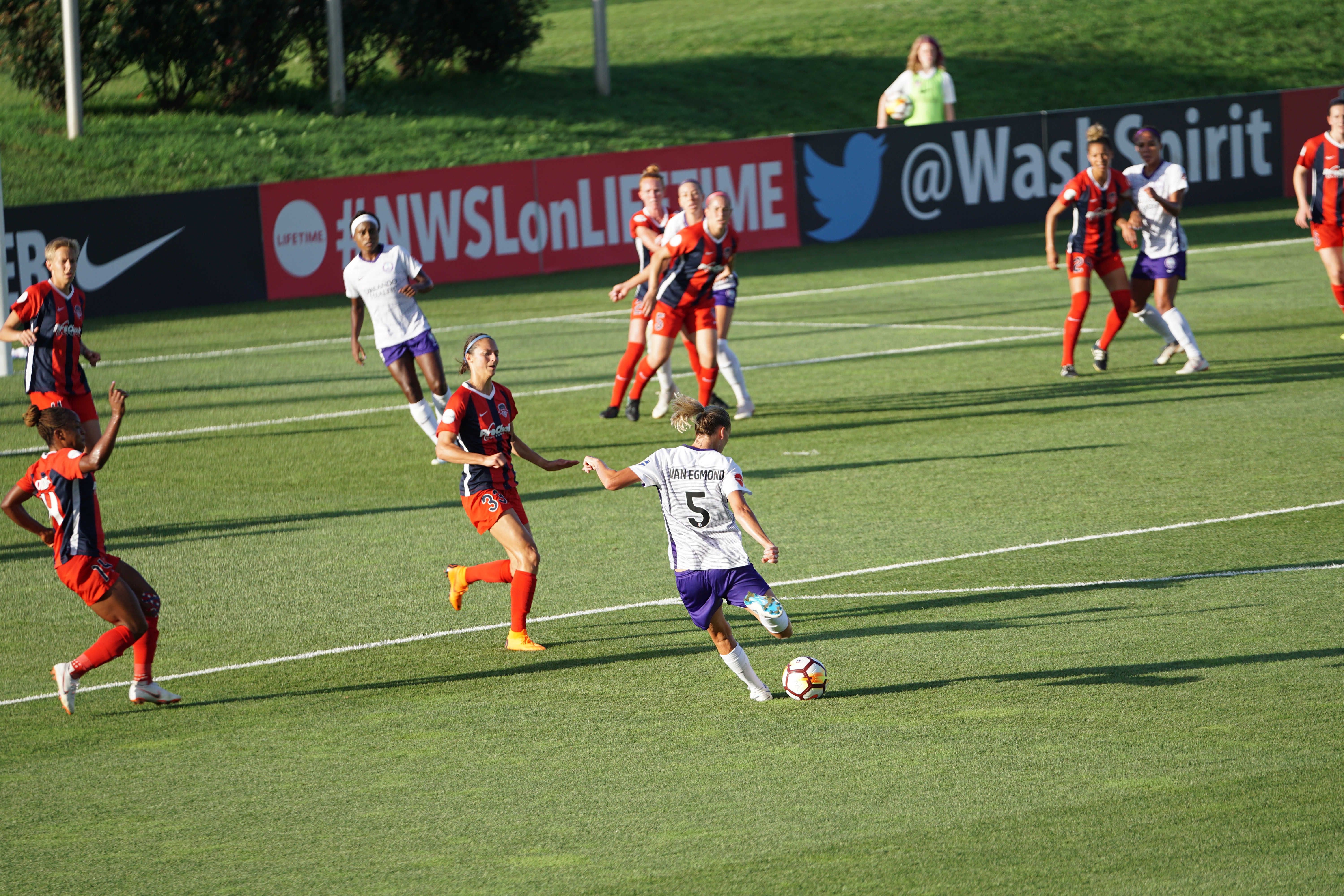Market Share: Proctor & Gamble Scores A Goal With Women’s Soccer

Proctor & Gamble, the consumer goods giant based in Cincinnati, partnered with the National Women’s Soccer League for its “All Strength, No Sweat” campaign. On September 17, P&G purchased 9,000 tickets to nine stadiums nationwide where NWSL games are played, totaling some $200,000, to promote women’s soccer with its Secret brand of women’s deodorants. The nine selected were the home stadiums of NWSL teams: Sahlen’s Stadium in Cary, North Carolina; Cheney Stadium in Tacoma, Washington; SeatGeek Stadium in Bridgeview, Illinois; Rio Tinto Stadium in Sandy, Utah; BBVA Stadium in Houston, Texas; Maureen Hendricks Field in Germantown, Maryland; Yurcak Field in Piscataway, New Jersey; Exploria Stadium in Orlando, Florida; and Providence Park in Portland, Oregon.
In each city, P&G offered tickets to local partners of its Secret brand, youth sports teams, nonprofits and women’s organizations. The company also distributed merch—Secret deodorant products, and branded tees and spirit towels—to the first 1,000 fans to arrive at each game. P&G, which is an advocate for equal pay in women’s soccer, also partnered with the U.S. Women’s National Soccer Team on a sponsorship plan. And in March, P&G donated $100,000 to Girls Leading Girls, a soccer camp and leadership training program for 750 girls and women, ages 7-35. For every stick of Secret Outlast deodorant that was sold from then through July 1, 2019, a dollar was donated to the organization.
The “All Strength, No Sweat” campaign was launched in early 2019, and along with four new products, the company spotlighted seven women across its social media platforms who shared their personal stories of resilience. These women, all from Cincinnati, included a musician, chef, dance teacher and brewer, who personified the campaign’s message of pursuing your dreams deliberately. Social media users were encouraged to share their own stories using the hash tag #AllStrengthNoSweat. By partnering with the NWSL, P&G is keeping Secret transparent—both in wear and as a brand—about its dedication to its female consumers who play sports, whether competitive or recreational.
–––––––––––––––––––––––––––––––––––––––––––––––––––––––––––
Danielle Renda is associate editor of PPB.

